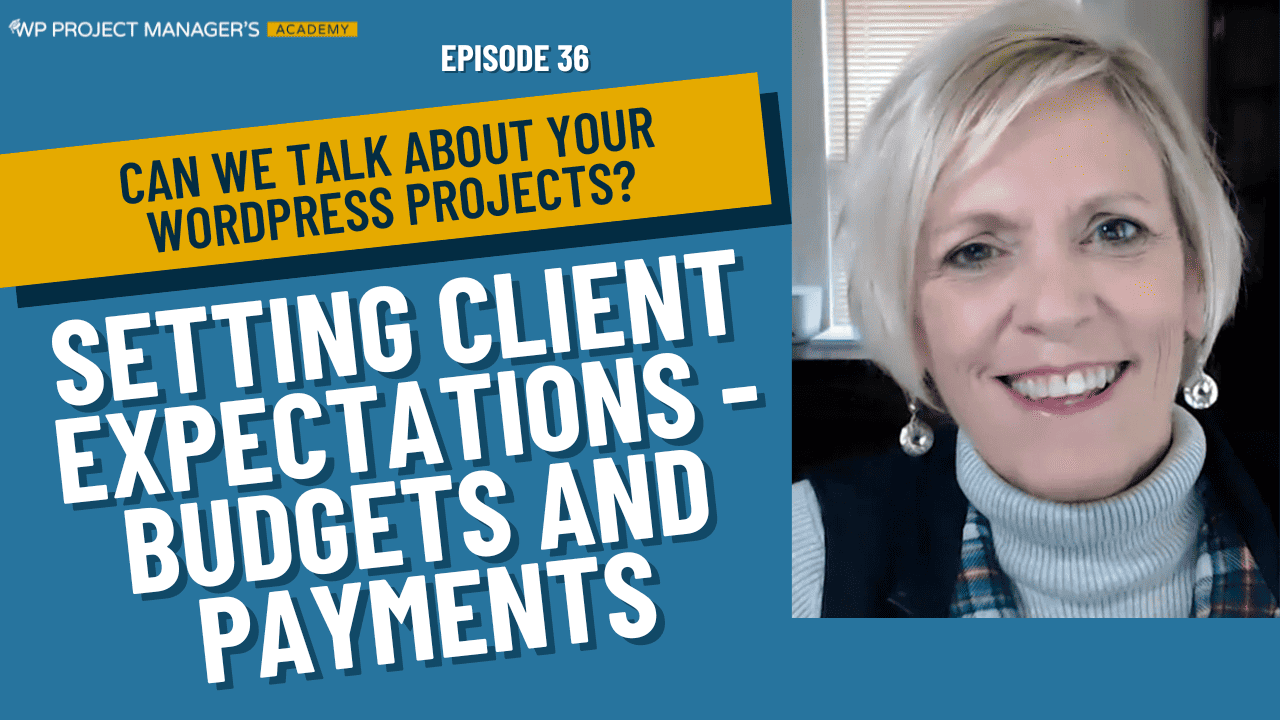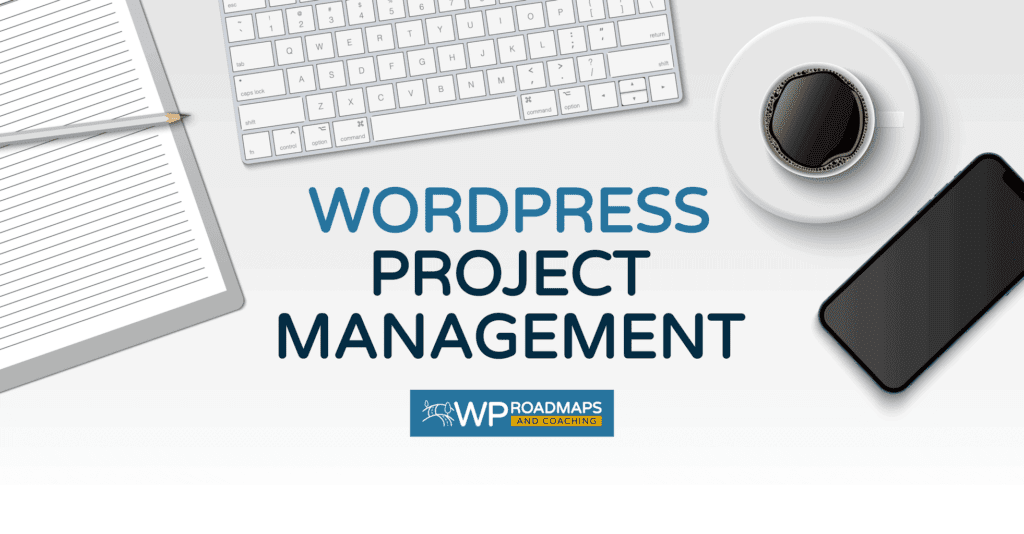Setting Client Expectations About Money—Yuck!
“It’s tacky to talk about money.”
That’s an idea that’s been crammed into our heads since the time we first talked about money “by mistake”! In my neck of the woods, whether it was our money or someone else’s, the need to not talk about money was almost as important as having it. And let’s not even get into the sin of asking for money.
No matter what household and culture you grew up in, talking about money is a subject that is almost universally taboo. You’ve probably been a part of the working world for quite a while, but I’ll bet that you still don’t love talking about money. Not with your friends, not with your peers, and certainly not with your clients.
But when it comes to clients and getting paid for our services, it’s a necessary evil. Ensuring that we’re on the same page as our clients means that we’ll get paid what we’re owed, when we need to, and in the right increments.
Just like all of the other aspects of client relationships that we discuss on Can We Talk, talking about money and payments with your clients is a vital skill that requires both practice and planning. And while it does require being firm and straightforward, talking about payment does not need to be confrontational at all!
You’d be crazy to miss out on this week’s discussion, but here are some ideas to get the gears rolling:
- Show all of your cards—but only when asked.
It’s important to create a pricing sheet so that you can be consistent and open about your pricing policy. You’ll inevitably find that it really comes in handy when you’re being questioned about your pricing in the pre-proposal or proposal stage.
But even though you should be transparent about your price sheet, don’t go flashing it around like a concert flier. In fact, leveraging your price sheet for contact information is a great way to add signups for your email list.
You can also use this sheet to open dialogue with your potential clients, rather than close it. It can even be a jumping off point for conversation, or the platform from which you expand their proposal with more services.
People who aren’t easily convinced are more likely to be persuaded with visual aids and concrete evidence—so when in down, expand your pricing sheet out.
- Qualify your client before you go down the proposal road.
Upon reflection, you might find that Questions 1 and 2 are major issues. And if you’ve answered, “a lot,” to Question 1 and, “annoyed,” to Question 2, you are totally free to interpret those as red flags.
If you feel like the problem could have anything to do with Question 3, it’s time to take a good look at how you’re presenting yourself to your clients. Here’s an excellent opportunity to not only command the respect you deserve, but to also set yourself up for even more success in the future!
Respect is not always given automatically, but it can always be commanded. It’s time to find the techniques that allow you to do that in a way that puts you on the path to excellent client relationships.
- Pump up your image.
Being humble is a great quality to have—except when it comes to commanding respect for yourself and your agency.
What kinds of actions have you taken to make yourself look more established? Think about endorsements or references from other professionals that can make you shine, a portfolio that highlights your best work, and more.
- Watch your words.
Command respect by talking yourself up, never down! By using language that downplays your experience or involvement, you set the stage for being viewed that way by your potential clients, too. This can even come down to the title that you give yourself.
- Refresh your communication strategy.
Though your proposal might have laid down all of the information and responsibilities for both sides, you might still need to insist on your client’s participation. This often has to do with the way you’re framing the relationship through your communication, but it could just be that they don’t have much experience working with digital agencies.
Make sure that your clients know that they’re exactly that —a client— and that you’re not some kind of lackey. In addition, double and triple check how explicitly you’re stating your client’s responsibilities in the proposal stage.
I’ve said it before, but in case you need a reminder, you are worth what you charge for your services. Your skills, knowledge, and experience are proof of that alone.
Now it’s time to make sure that you are transmitting that fact to your clients, and that you are not letting yourself compromise your standards for how you are treated. If you feel that you’re not being respected, get in the driver’s seat and purposefully, but respectfully, change it!
Are ALL your projects getting done on time and within budget? If not, we got you!
Join the WP Project Manager’s Academy – a FREE membership program where you can learn everything you need to know to consistently get your projects completed on time, within budget, with features that meet the client’s business requirements WITHOUT sacrificing profit.
You might also want to Join our Facebook Group where we have weekly live trainings on all things project and productivity management as well as a Friday chat session.



